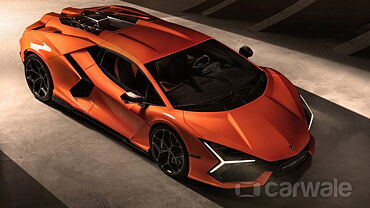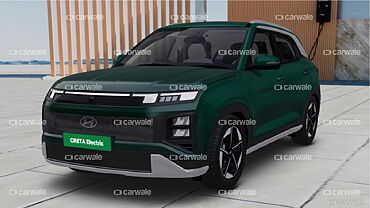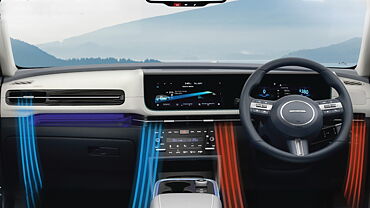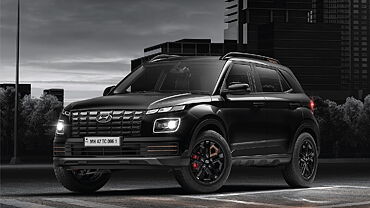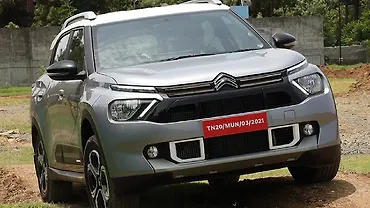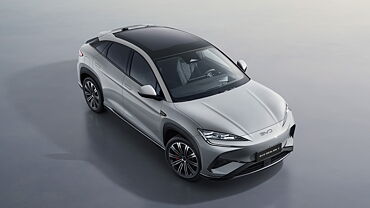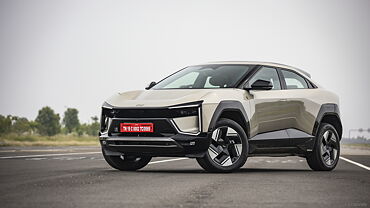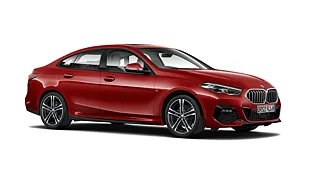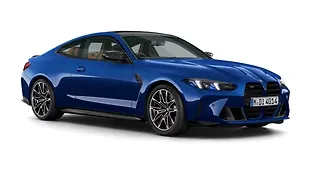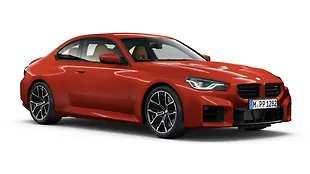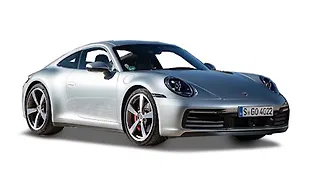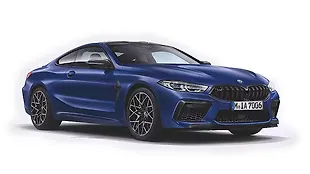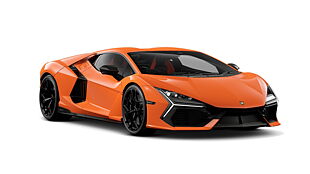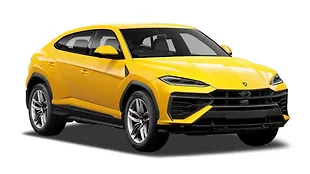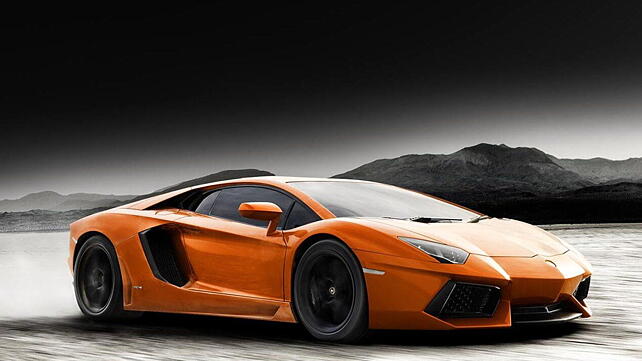
It seems that luxury car manufacturers have slowly started to feel the pinch of the Indian government’s high taxation. Speaking at the inauguration ceremony of Lamborghini’s third showroom in the country, Stephan Winkelmann, President and CEO, Automobili Lamborghini said that for a small car manufacturer (in terms of volumes, of course) sustaining in a market like India becomes very difficult due to the government’s exorbitant tax structure.
While the Huracan and the Aventador cost Rs 3.43 crore and Rs 4.92 crore, respectively, in Delhi (ex-showroom), the state’s exorbitant tax structure means that customers from Bangalore will have to shell out two per cent extra for both the cars.
Speaking about the tax structure in India, Mr Winkelmann said, "In 2011, the customs duty was 60 per cent and the basic customs duty now is 100 per cent, which ranges up to 167 per cent. This is our main burden for selling their cars in India. We are a small manufacturer. We know the weight of the small manufacturer. If we have to do something like this (asking for duty concessions), we have to come together with other manufacturers, who are interested in bringing the duty down.”
Since the company entered the Indian market in 2006, it has managed to sell 94 cars, of which 22 were sold in the last year alone. Lamborghini has a very small portfolio comprising of just two supercars – the Aventador and the Huracan. The Italian manufacturer however, has plans of expanding its line-up with the addition of a new SUV. And though the SUV hasn’t made its global debut yet, Mr. Winkelmann said that the company was planning to introduce it in the Indian market by 2018.
"It is clear that if the taxation is going down and the sales are going up, at the end of the day the government is earning more," Mr Winkelmann added. The high tax structure for completely built units (CBU) is largely responsible for compelling luxury car manufacturers like Jaguar, BMW, Audi and Mercedes-Benz to set up plants for the local assembly of vehicles. While exclusivity of their products is sacred and highly valued when it comes to luxury car manufacturers as well as customers, they do have to sell a decent number of cars to sustain their business in the country.



